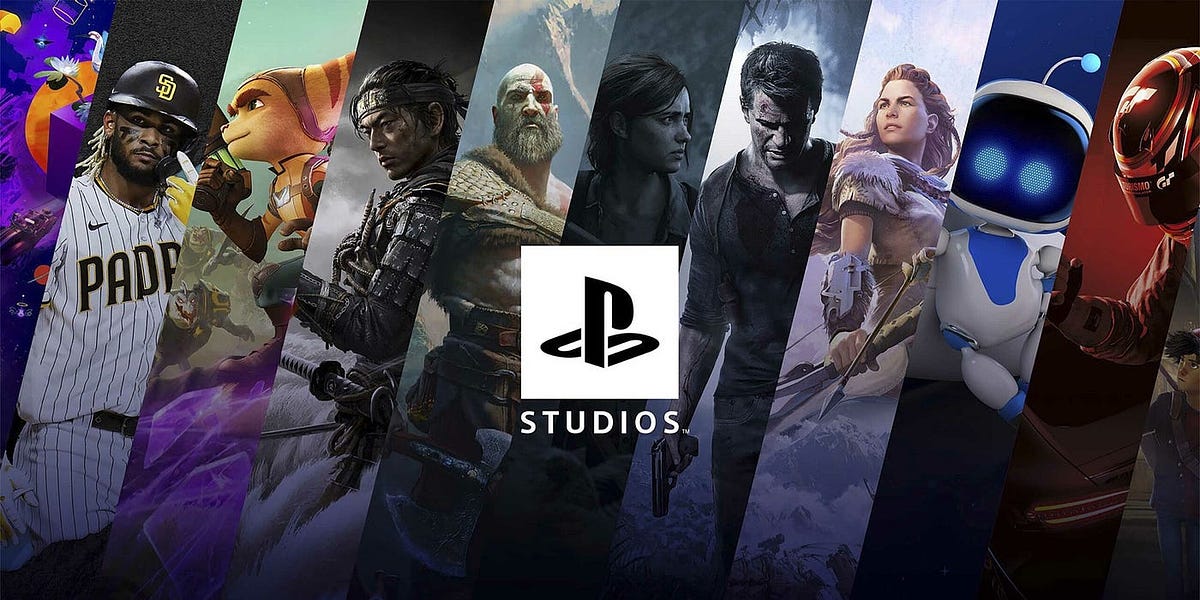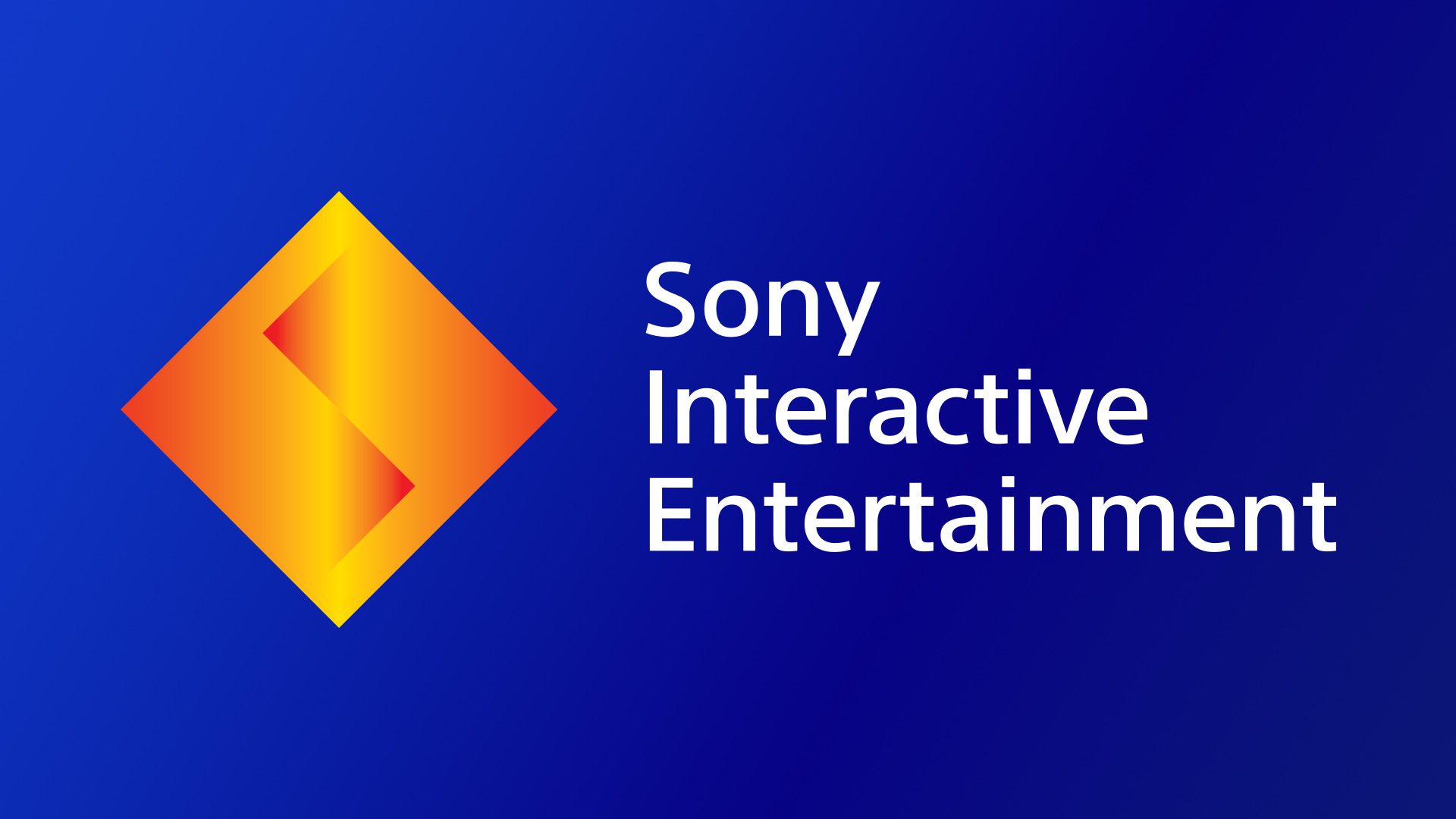thanks for this post, very enlightening. Nothing to add tbh.PS1 and PS2 eras were special times. Consoles back then offered a distinct experience from PCs. Consoles were becoming a gaming experience of their own taking away from the PC space, which is why MS wanted to bridge the gap.
Playstation consoles had games for pretty much every occasion and had the benefit that third parties were making gaming experiences unique to the platform.
The Playstation built an identity around franchises that these days are multi. Having the benefit of reaching critical mass in terms of userbase and having a ton of exclusives from third parties, gave them a lot of room to experiment.
I think 3 major events changed the course.
First major event is when Sony lost momentum with PS3 and with it the growing critical mass from the two previous generations. That changed a lot of things. From that point, all third party franchises and support that were initially guaranteed to be exclusive became multiplatform. A lot of titles that were initially announced as PS exclusives found way on 360 and PC to retain profits. Final Fantasy, Tekken and DMC for example.
Sonly back then publicly acknowledged that third party exclusives were becoming a thing of the past and had to find ways to differentiate themselves with their own efforts. And they did offer a lot of variety.
That meant putting out more of their own internal resources, which increased risk.
Second major event was PC and Console technology and game development becoming more unified. That was MS strategic aim with XBOX. This can be found in interviews about MS's concerns and why they wanted to enter the console business. PC and Console experience became more similar and the differentiating factor was further eliminated. Almost all major franchises were released on both simultaneously.
Third major event was the disproportionate increase of costs in relation to the required critical mass of userbase to support profitability. 100 million PS1 gamers were a much healthier number than 100 million PS4 gamers to ensure profitability for the swarms of games released that require more time and money to make. Also the manufacturing costs of the console is not allowing for healthy price drops.
A €90 PS1 or a €120 PS2 was a great price for someone who wanted to buy party games like Singstar or Eye Toy or Buzz!. The PS1 and PS2 seemed like high tech consoles you could buy for a steal and you had access to all kinds of games of which a great deal was only available there. It was the best product for very high adoption suited for everyone.
Now with PS5, they need to find ways to sell that €500 console they can't cost reduce, to more people. They need to invest more in high cost games to convince that €500 is worthwhile. They don't have the required critical mass that is proportionate to the costs of game production to ensure a healthy room for profits, and almost all third party games are released everywhere.
But the PS's selling point was it's ability to offer high tech gaming (at launch), the most popular franchises and games for everyone. All these were covered throughout it's lifecycle in stages of gradual adaptability and progression . The stage of high tech gaming (early adoption) reaching the ultra casual (late stages). A PS can't be PS if it misses any of these stages. It kind of got it with PS5 at launch, but it misses the progression of PS1 and PS2. If Sony released a weak console like the Series S to sell cheaply, it probably wouldn't have gone far either because it would have missed the initial expectations that made PS appear like an affordable high tech product that both PS1 and PS2 were at least in the eyes of the public
The pandemic and lack of hardware components might have played a factor too.
I didn't know that MS wanted to somewhat merge the console and PC experience. The idea sounds good, but they failed miserably. Except for the X360 most Xbox consoles are seen as if they lack soul, or maybe it's just that they don't offer Sony's experience and "charisma", nor Nintendo's. The best thing about the Xbox is imho the social experience --friends and so on. That didn't exist in Windows gaming and when I play the Windows store version of A Plague Tale Requiem, I still get to see the many friends I had made during the X360 era because they unified that with pc gamepass.




